Publications
Articles, publications, books, tools and multimedia features from the U.S. Institute of Peace provide the latest news, analysis, research findings, practitioner guides and reports, all related to the conflict zones and issues that are at the center of the Institute’s work to prevent and reduce violent conflict.
Question And Answer
Amid a Changing Global Order, NATO Looks East
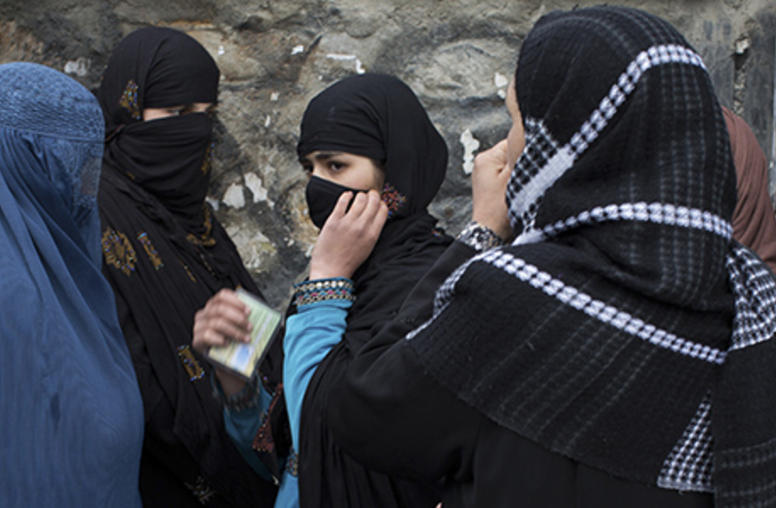
Q&A: The Future of Justice for Women in Afghanistan
The risk of backsliding in the status of women in Afghanistan after 12 years of significant strides is one of the biggest question marks surrounding the country's prospects amid the drawdown of the U.S.-led military coalition. Tim Luccaro, who has worked on traditional dispute resolution, women's access to justice and nonviolent conflict resolution in Afghanistan since 2010, considers what steps will be needed to secure the gains that have been made.
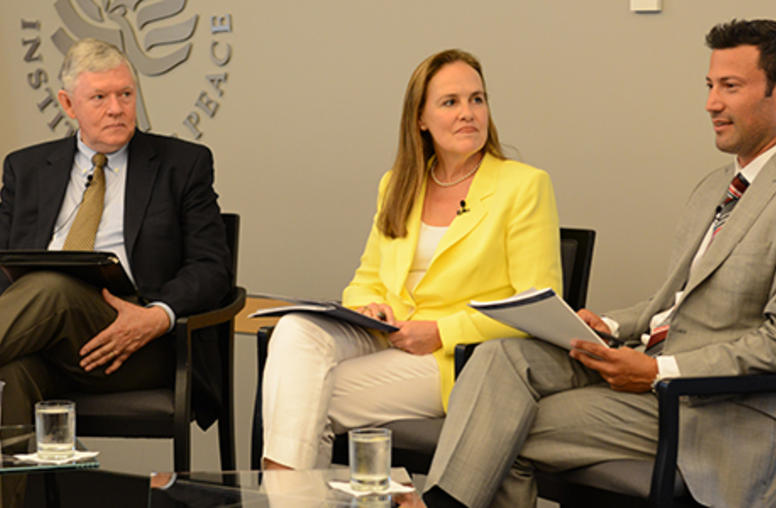
U.S. Defense Budget Cuts Must Be Eased to Lower Risk, Panel Says
U.S. defense budget cuts must be eased to lessen the risk for the military’s ability to respond to crises in an era of nearly unprecedented volatility and complexity around the globe, former Under Secretary of Defense Michèle Flournoy and retired Army Lieutenant General Michael Maples said in a recent discussion at the U.S. Institute of Peace. Their urgent warnings amplified the findings of a congressionally mandated assessment of the Pentagon’s central four-year plan, the 2014 Quadrennial De...
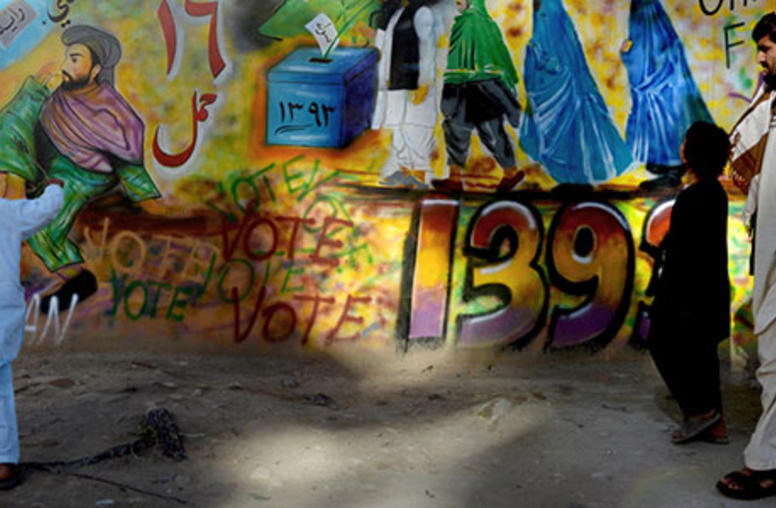
If You Want Peace, You Have to Plan for It
Sept. 21 will mark the annual observation of the International Day of Peace, established by the United Nations General Assembly in 1981 to commemorate and strengthen the ideals of peace and to focus attention on the purpose of promoting peace by the world community. Marking a day of peace may seem idealistic especially against the grim parade of recent events, but to the contrary, its inspiration is decidedly pragmatic: If we do not take peace seriously enough to plan for it and to develop in...
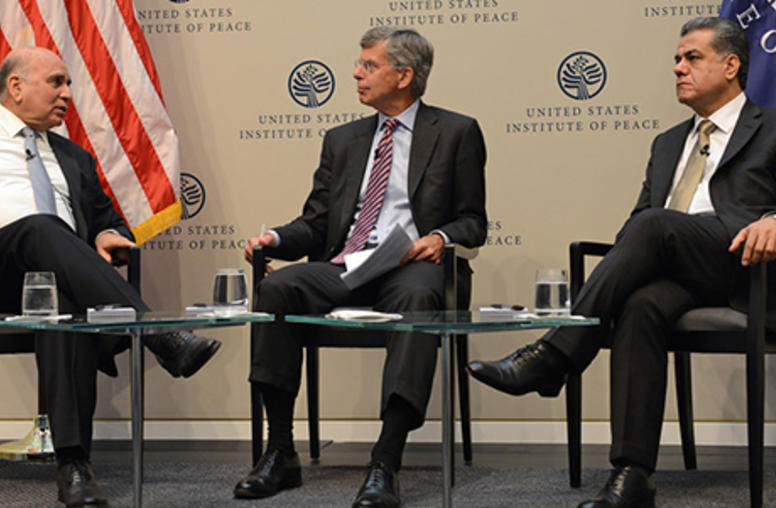
Iraqi Unity Will Require Federalism, Cooperation, Kurdish Leaders Say
Restoring unity in Iraq in the wake of the devastating sweep of militant terror across the country’s north will depend on achieving enough separation among Kurds, Shia and Sunnis to re-establish a balance of power on the ground, two high-level Kurdish officials said. The leaders addressed an audience at the U.S. Institute of Peace this week, appealing for the U.S. and others to urgently provide heavy weapons to confront the self-described “Islamic State” terror group and for humanitarian aid ...
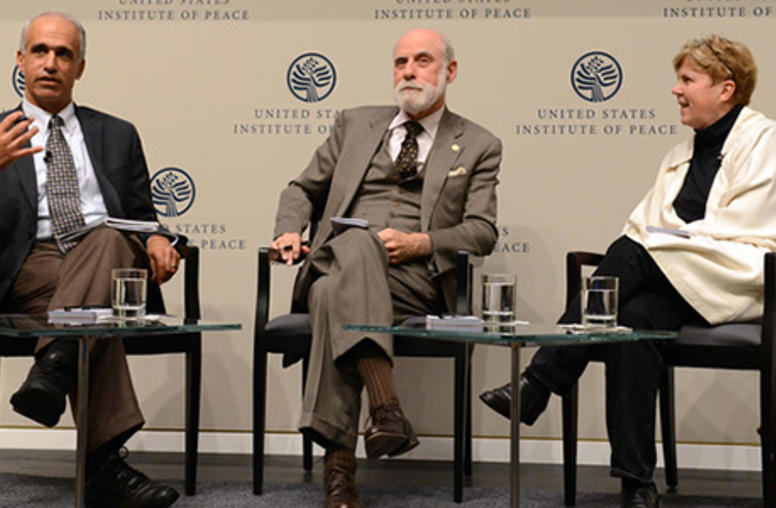
Entrepreneurs Hunt for 'Peace Tech' to Defuse Conflict
When Ukrainian President Viktor Yanukovych fled the country in February in the face of massive protests in the capital Kyiv, major news media made only passing references to Crimea. But Georgetown University fellow Kalev Leetaru had a map tracking protests and incidents of violence. It showed Crimea "really lighting up."
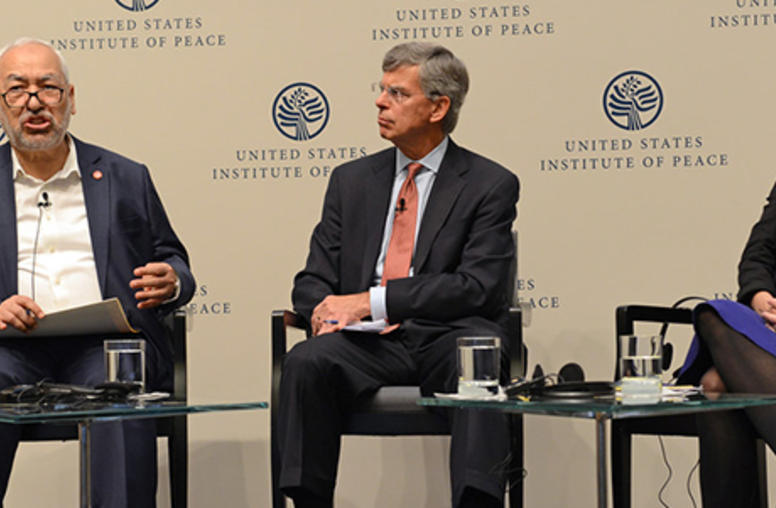
Islamist Party Leader Appeals for Aid to Bolster Tunisian Example of Moderation, Democracy
Sheikh Rachid Ghannouchi, the founder of Tunisia’s Islamist party, appealed this week for U.S. political and economic support as his country struggles to complete its historic transition. Tunisia, the lone success story out of the Arab uprisings, could serve as an example for Iraq, Syria, Egypt and others, he said.
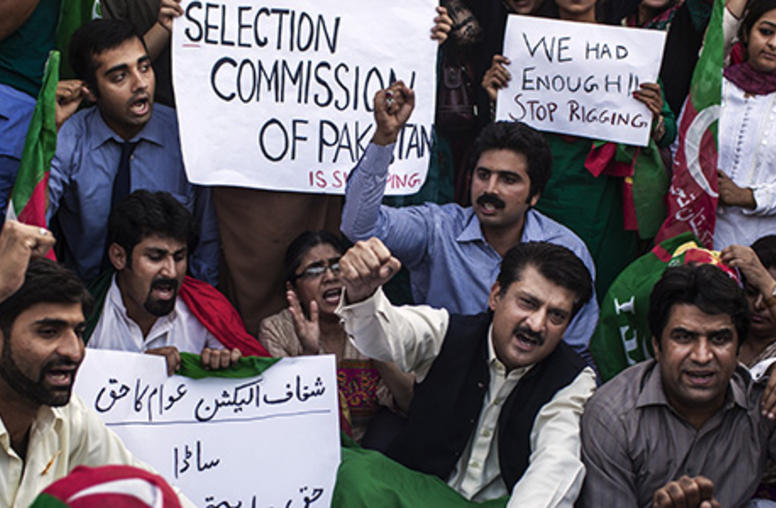
Street Challenges to Pakistan’s Democracy
Pakistan is in political turmoil yet again. Walk into Islamabad's city center and you will find charged crowds of as many as 70,000 people demanding Prime Minister Nawaz Sharif's resignation from office.
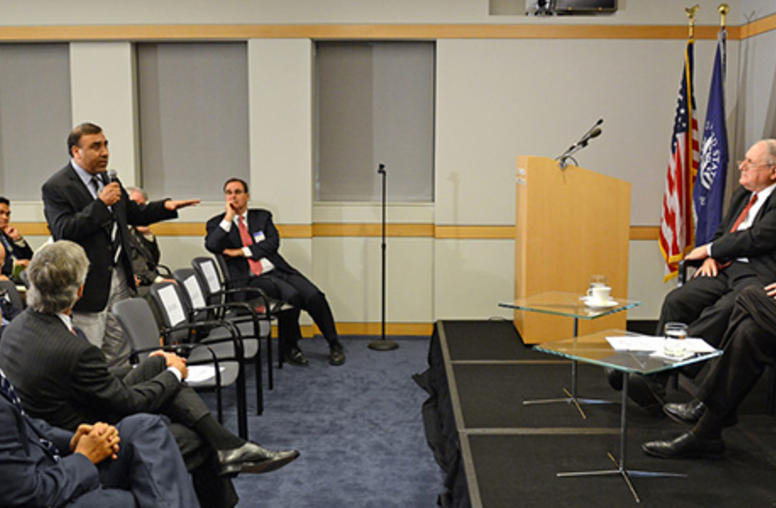
Senator Levin Says U.S.-Afghan Ties Require Better-Informed American Public
Congressional support to continue aiding Afghanistan over the long term will require a better understanding by the American public of the progress made despite well-publicized setbacks, Senate Armed Services Committee Chairman Carl Levin told an audience at the U.S. Institute of Peace.
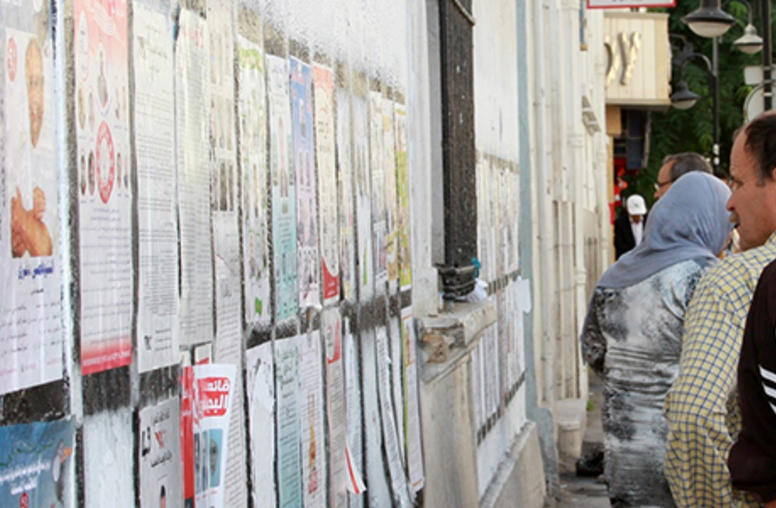
Q&A: Tunisia’s Upcoming Elections
Tunisia’s prospects for retaining its title as the only transition of the Arab Spring that hasn’t failed or collapsed into violence faces further tests this month and next, with important parliamentary elections scheduled for Oct. 26 and a presidential election on Nov. 23. USIP Acting President William B. Taylor, a former special coordinator for Middle East transitions in the State Department, considers what’s at stake.
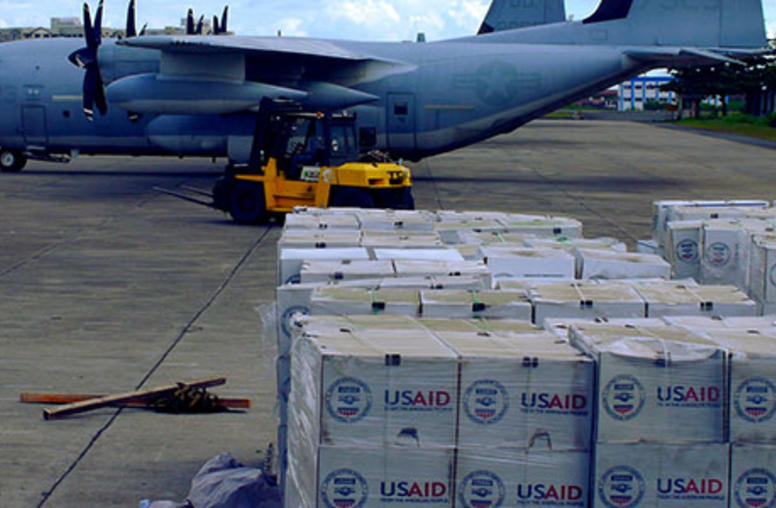
Why the U.S. Foreign Aid and Disaster Relief Process is Broken
Changing how peacebuilding organizations measure success could save aid projects that are stuck trying to meet rigid, dated, and increasingly arbitrary goals in conflict zones.